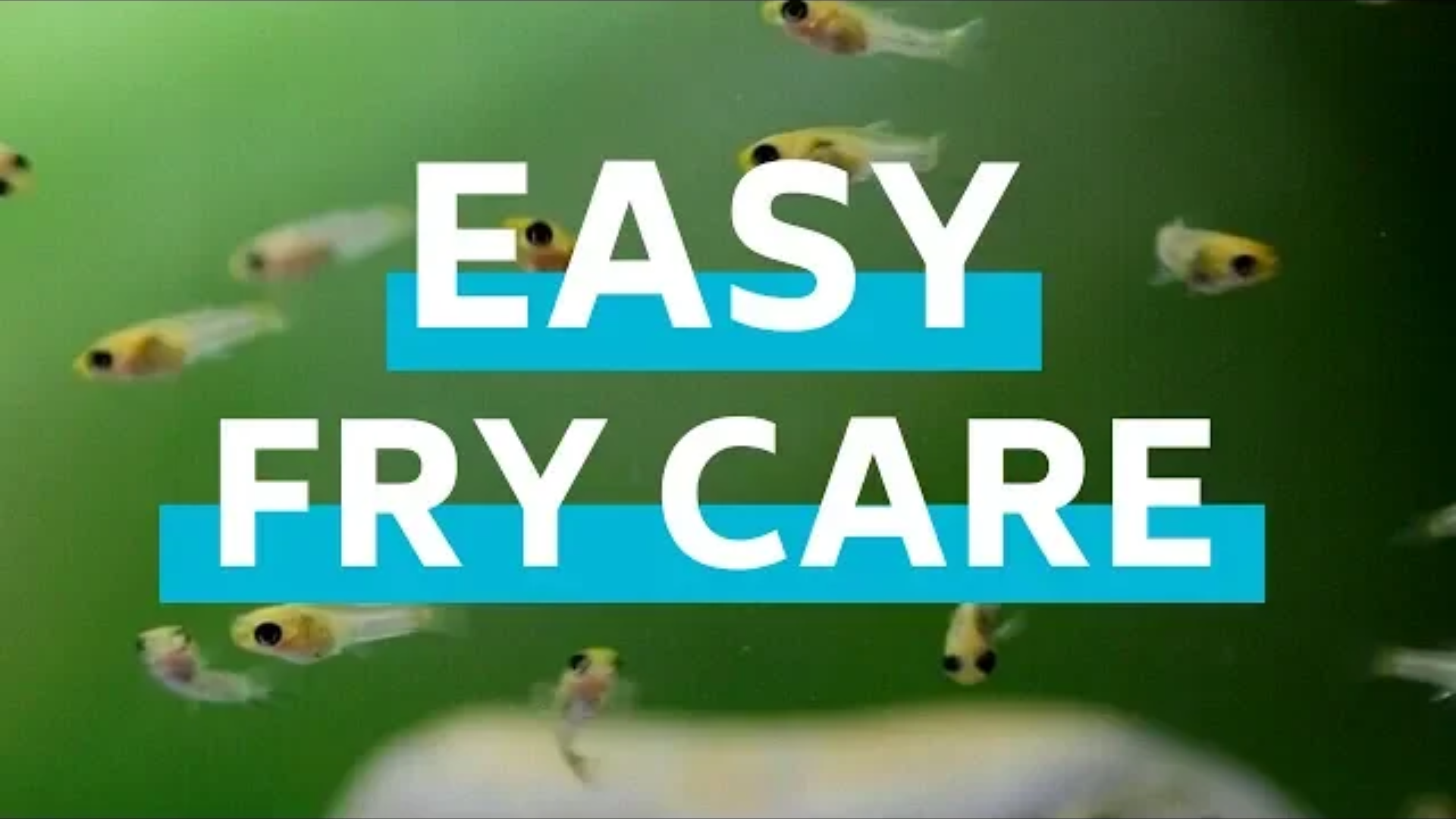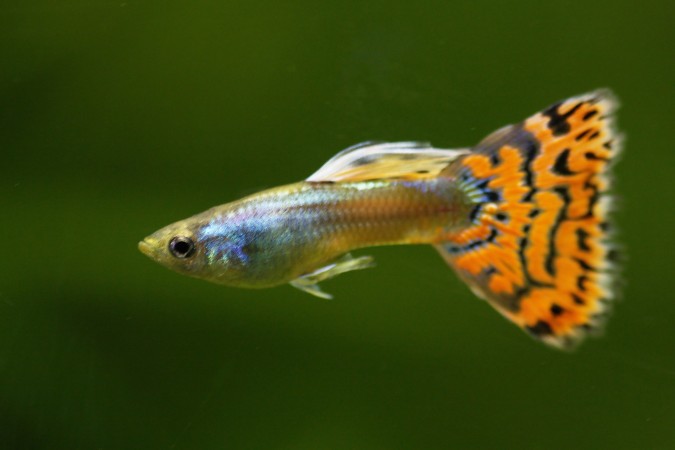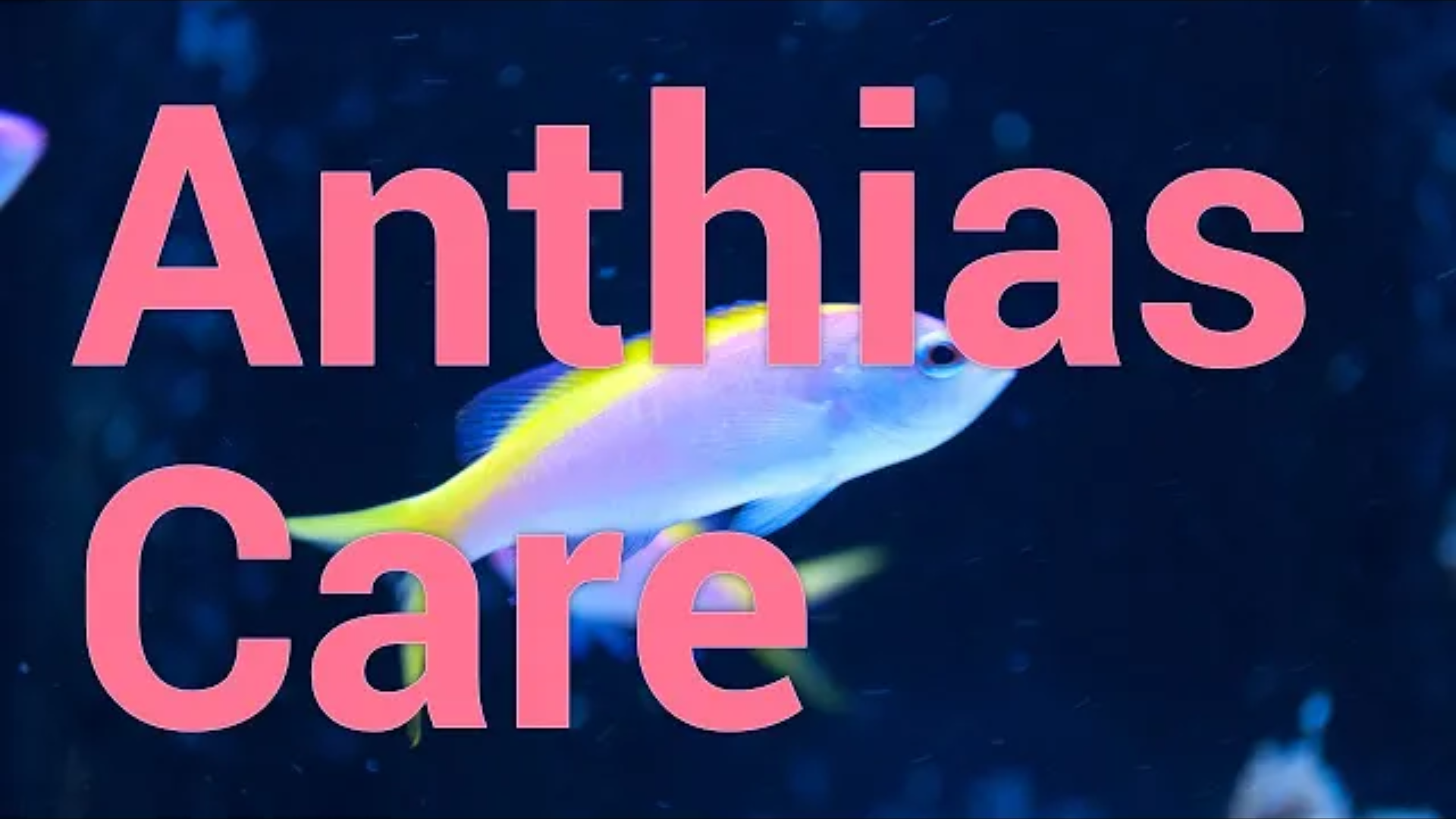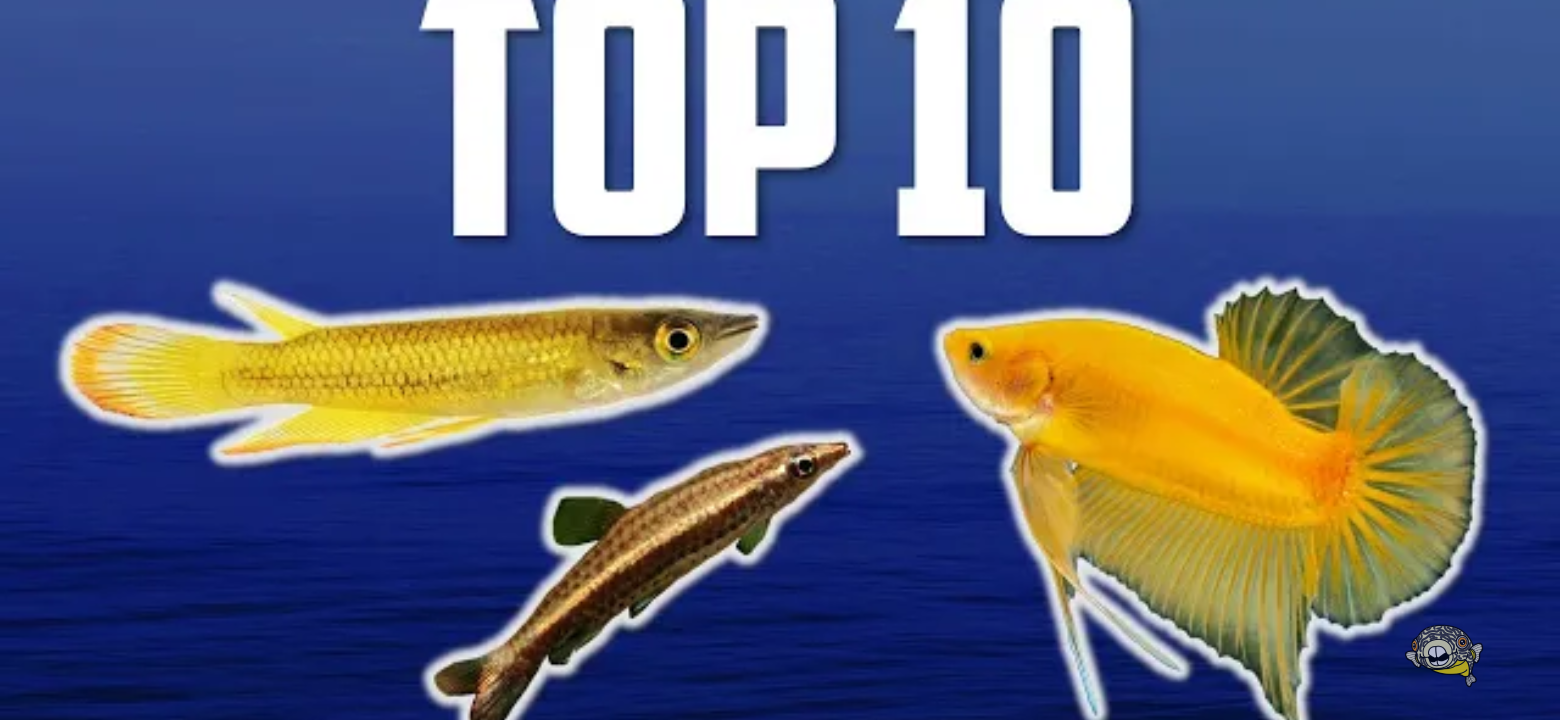How to Grow and Feed Baby Fishes in an Aquarium?
- Feb 02, 2021
- Anshika Mishra
- 492 0 0

When people have fishes that are very easy to breed, they will spot new fishes in their aquarium now and then. It is because, if the fishes have found a good environment, a nutritious diet, they will keep laying eggs on frays every once in a while. You can spot the juveniles behind the heater, decorations, or other hiding places in the tank.
It is a fascinating time but can also cause a lot of stress. Relax, we have got you covered. Here you will know how to take care of the baby fishes and grow into healthy adults. We will also learn how to raise fishes more quickly.
When it comes to taking care of baby, there are mainly two important things:
- Keeping the juveniles away from the parents
- Feeding
Away from parents
It is /upsetting, but there is a huge possibility that the parents will eat the fry. Generally, fishes eat anything and everything that fits in their mouth. Except for a few fishes, almost every fish, like Guppies, Danios, Angels, etc., tend to eat the babies.
So, it is important that when you have your baby fishes in the aquarium, provide lots and lots of hiding so that the babies can escape the parents. Or you can also take them out and put them into another tank.
The most convenient way of doing it is by putting more and more decorations in the aquarium and provide heaps of hiding spaces for the fish. This way, the fishes that learn to hide can survive.
But if you are not that cruel-hearted and you want to take care of all the fish. When you find baby fish in your aquarium, the best thing to do is to set up a separate tank for them. It can be a little container with an air pump or put in a while another aquarium.
Feeding
Many people get confused about this part of this process because they do not understand that baby fishes have an extremely smallmouth and are not going to be able to eat a lot of foods.
The most common food is live baby brine shrimps, vinegar worms, crushed flakes, etc. If you are looking for the easiest thing to do if you have got baby fish in your aquarium waiting to get fed; you can get some tropical flakes, put them in a ziplock back and rub them until it turns into power and then you can sprinkle the powder along the top of the aquarium. You will have great success that way.
An essential part of feeding your baby fish/ fry is to ensure that when you are feeding, the tank size is small enough where the fry can find their food. What happens is people add their fish to a big tank, and the water mass is so vast that the fish can't find their food, and they starve.
So, your tank must be small enough for the fry to find their food without any struggle.
How often to feed?
It's gonna sound bad, but the best time to feed your fry is five times a day. To see the optimum amount, this is what all breeders recommend. You don't have to do this if you want your fish to grow the quickest. That's the best thing to do because it is constantly going to give them the required nutrition.
If not you can only feed them twice a day because it is quite impractical to be available all the five times, everybody has worked. So, twice a day is also good.
It takes about two hours with baby fish or fry for them to process their system. So, when little fish eat food, it will be out of their system in about two hours.
When you are feeding, you want to feed small amounts only but multiple times a day rather than a big amount once a day. This is only a small amount going to fit so much in their mouth, and anything that the fish don't eat will create waste and cloud up the water.
So, you can feed them:
- First, when you wake up early in the morning.
- Second, just before leaving for work.
- Third, soon after coming from work.
- Fourth, before turning off the light.
Another piece of advice for these fishes to grow quickly is to turn the heat up on the aquarium, just a little bit, maybe a couple of degrees Celcius.
Before you add them back into the community tank or before you move them in with a bigger fish, you have to make sure that all your fry are big enough that they cannot fit into the big fish's mouth.






About author